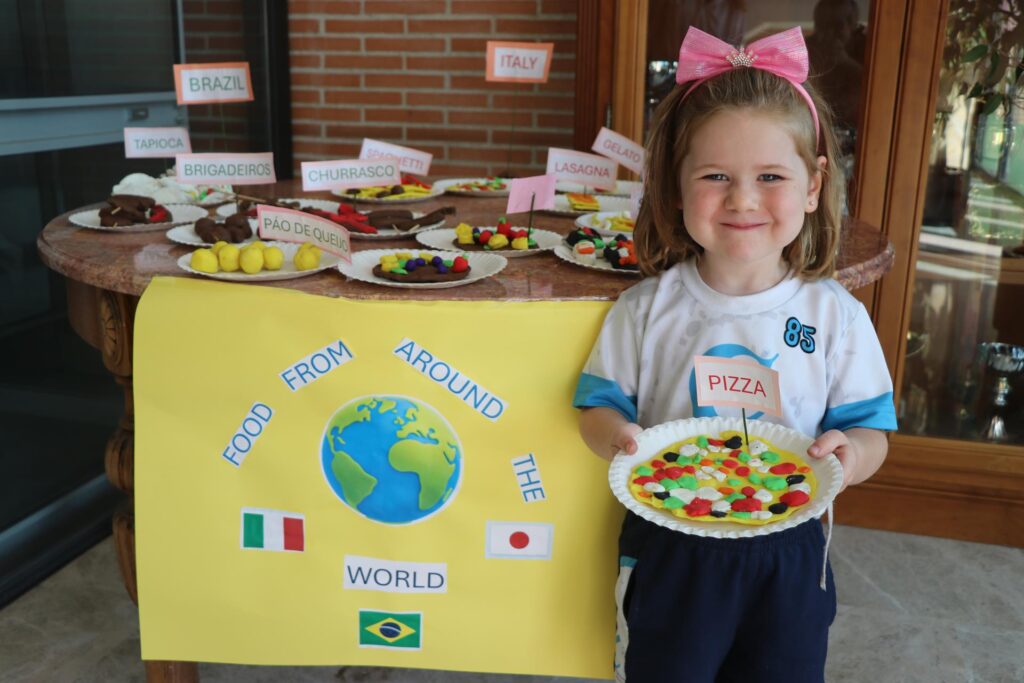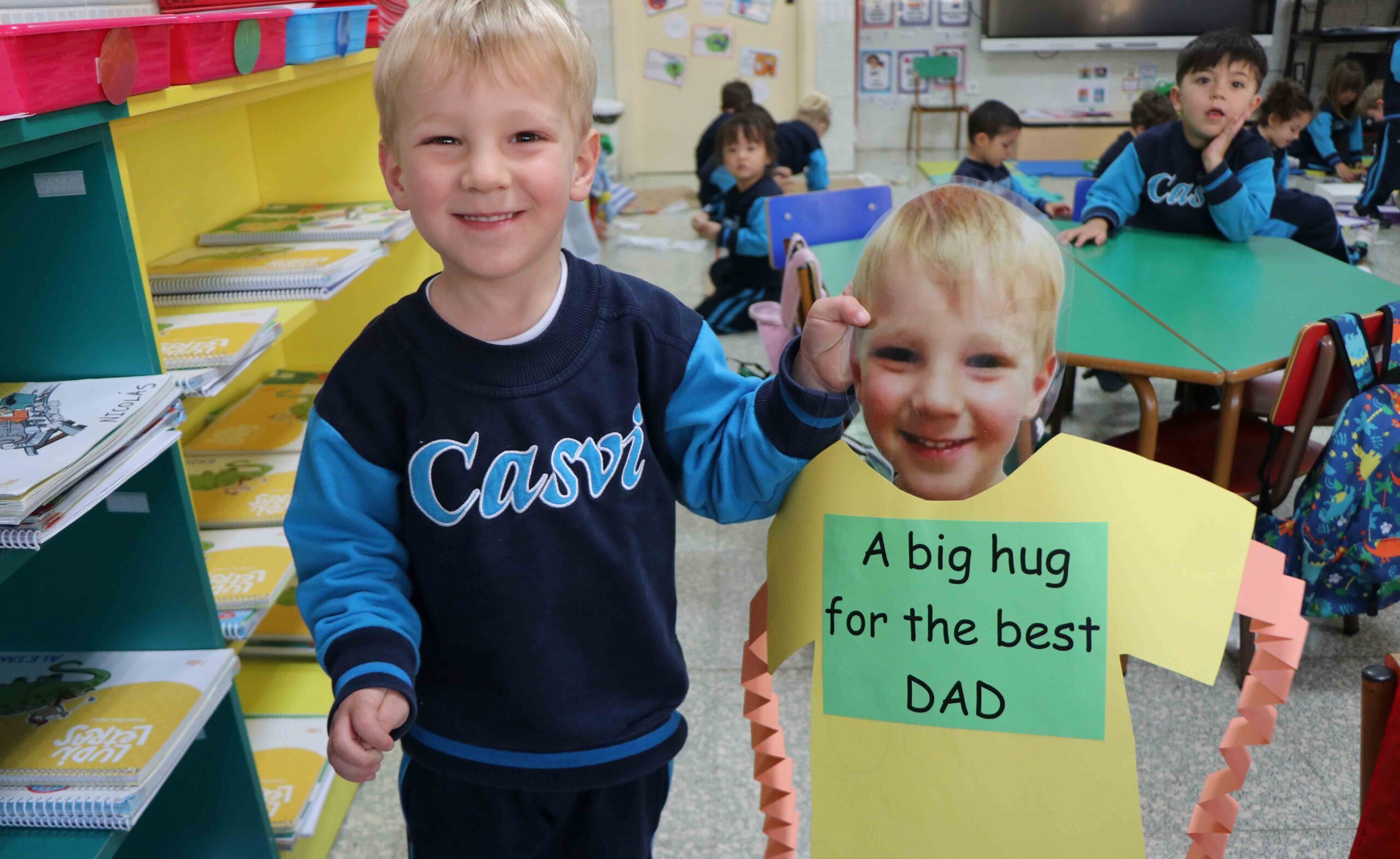Connecting emotionally with others, adapting to new environments, expressing emotions and thoughts with ease… These are all advantages of learning foreign languages. Today, in an increasingly globalised world, language learning not only increases employment and academic opportunities, but also has a profound impact on children’s emotional and social development. It also has a profound impact on children’s emotional and social development. Understanding these benefits and how a language programme can be applied in an educational setting is essential to understanding the importance of a truly holistic education from the earliest years.
DISADVANTAGES OF MONOLINGUALISM IN A GLOBAL ENVIRONMENT
Many children grow up in an environment where the mother tongue is the only language they learn. While this makes them proficient in a language, it also means that they face certain limitations. Without a second foreign language, children may miss opportunities to connect with people from other cultures; have less empathy for other ways of life; and have greater difficulty adapting in multilingual contexts.
In an interconnected world, monolingualism can be a barrier to emotional growth and social confidence, limiting their opportunities for full development.

IMPACT OF THE LACK OF MULTILINGUAL SKILLS

Recent studies show that language learning has a positive effect on children’s emotional development, empathy and social skills. Without the opportunity to learn foreign languages, children miss a crucial window to enhance their cultural openness. Also sensitivity to social and cultural differences.
Childhood is a key stage for building these skills because the brain is more adaptable and receptive. This means that the effects of learning a new language can influence their future development.
BENEFITS OF LEARNING FOREIGN LANGUAGES IN CHILDHOODBENEFITS OF LEARNING FOREIGN LANGUAGES IN CHILDHOOD
Learning foreign languages at an early age has been associated with multiple benefits that go far beyond language proficiency. Studies by institutions such as Harvard University and Cambridge University highlight positive effects in areas such as cognition, empathy and self-control. But how does this translate into emotional and social benefits?
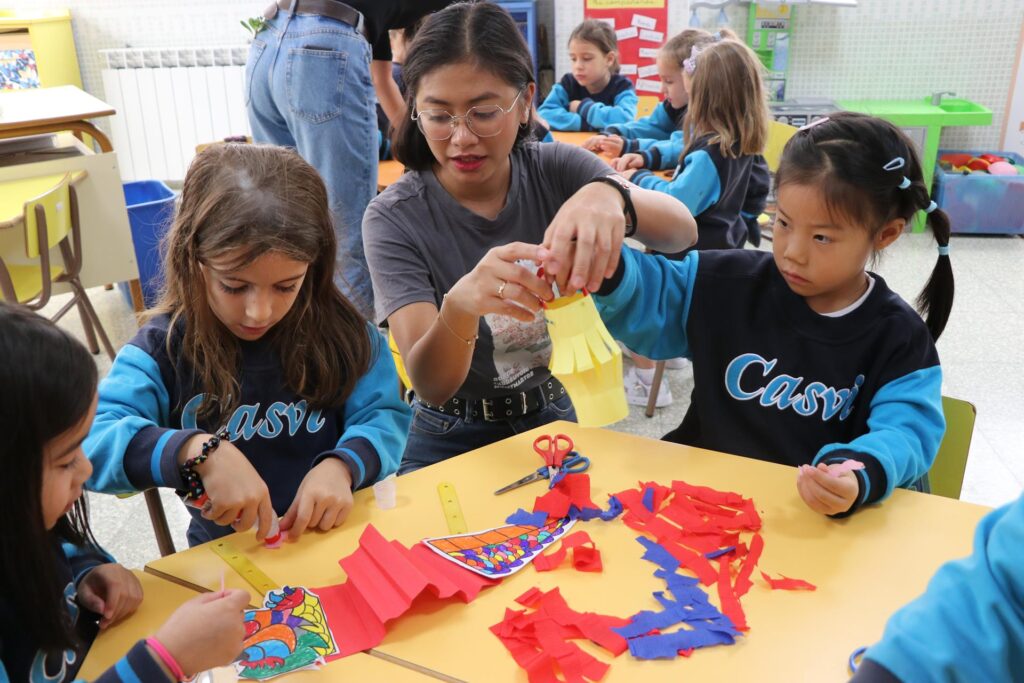
1. Fostering empathy and intercultural understanding
When children learn a language, they are exposed to new ways of expressing thoughts and emotions. This fosters greater empathy. As they study other foreign languages, they also learn about new cultures and ways of life. This helps them to accept and respect cultural diversity. Empathy is fundamental to emotional development and is enriched in children who understand and value different cultural perspectives.
“Diversity is the magic. It is the first manifestation, the first beginning of the differentiation of a thing and of simple identity. The greater the diversity, the greater the perfection.
2. Increased social adaptation and flexibility
By learning a new language, children develop the ability to adapt to new and changing situations. According to researcher François Grosjean, an expert in bilingualism, bilingual or multilingual children tend to be more flexible in their thinking and better able to adapt to diverse social environments. This translates into greater confidence in their interactions and an open attitude towards change.
3. Development of emotional communication skills
Speaking several languages allows children to expand their emotional vocabulary and become more expressive. They are exposed to unique words and expressions that enrich their way of understanding and expressing feelings. A study in the Journal of Experimental Child Psychology found that children who learn a second foreign language develop a greater ability to understand the emotions of others and express their own emotions clearly and assertively.
4. Strengthening self-confidence
Learning a foreign language can be a challenge, but one that builds self-confidence. Each small advance in proficiency reinforces children’s confidence that they can learn and improve. Overcoming these challenges helps them feel more confident in their ability to cope and adapt to new situations. This is fundamental for a balanced and positive emotional development.
5. Facilitates the creation of international friendships
The ability to communicate in more than one language opens doors to friendships with people from different backgrounds. This not only widens your social circles. It also allows them to understand the similarities and differences between people from different cultures, making them more open and sensitive to human connections.
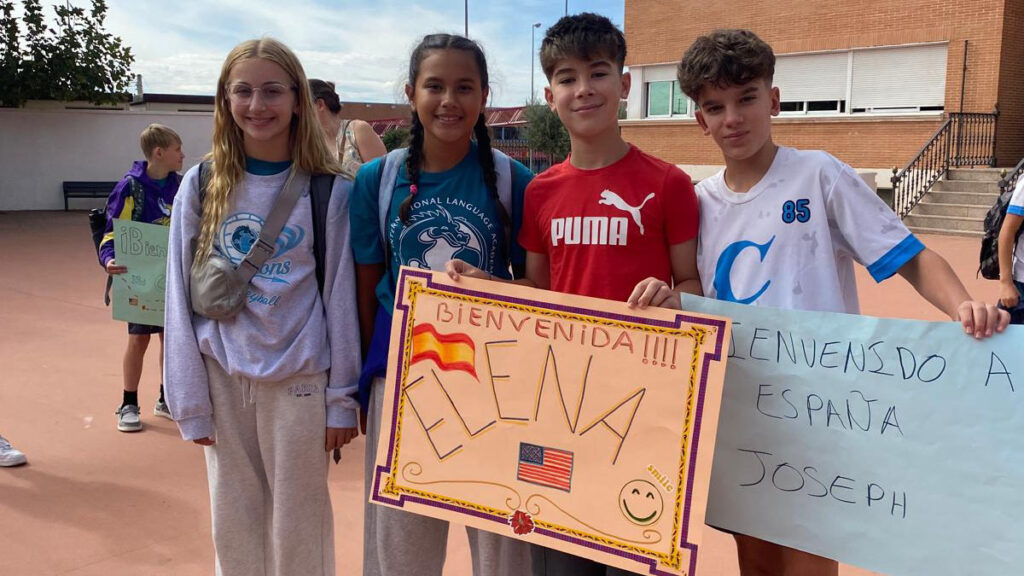
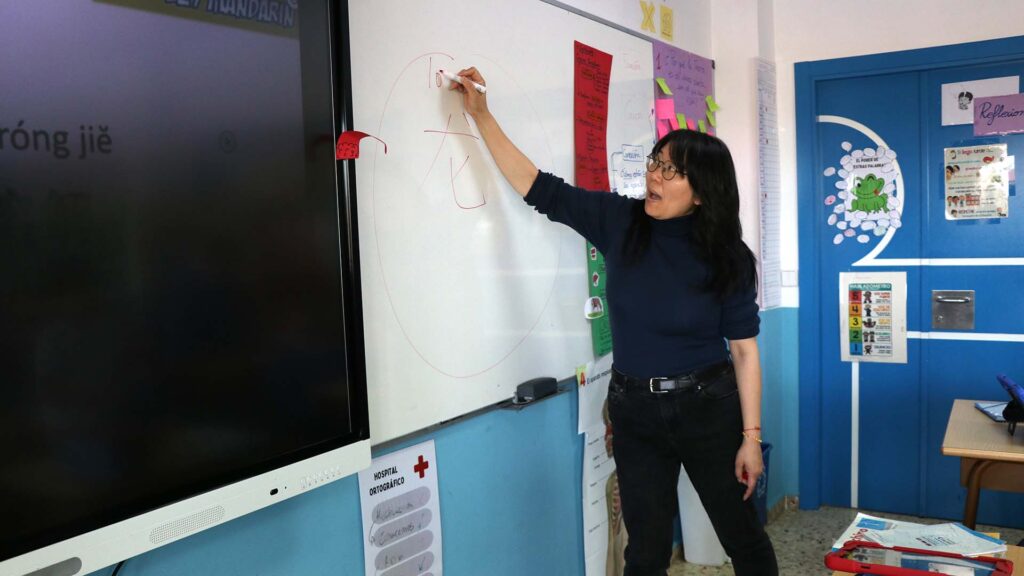

LANGUAGE PROGRAMME IN CASVI VILLAVICIOSA
At Eurocolegio Casvi Villaviciosa International Private School, we believe in the importance of a comprehensive education that promotes all areas of child development.
Our language programme offers students the opportunity to learn English from an early age, with the support of highly qualified teachers in bilingual and multilingual methodology. In addition, as students progress through their education, they have the opportunity to learn a second and third foreign language (German and Chinese), further strengthening their social and emotional skills.
At Casvi Villaviciosa, our language immersion programmes also include cultural exchanges in Canada, the United States (Oklahoma, Minnesota…) and Germany. Thus, our students participate in exchanges organised by the school itself in English-speaking countries and other languages, allowing them to practice and experience first-hand the culture and daily life in other countries. All this practical approach enriches their linguistic competence and, above all, helps them to build a broader and more respectful view of global diversity.
For us at Casvi Villaviciosa, learning foreign languages is not just an academic skill, but an essential tool for developing confident, empathetic and adaptable individuals.
GET TO KNOW OUR LANGUAGE PROGRAMME
If you would like to find out more about how languages can benefit your child’s development from an early age, visit our website and discover how we can help them expand their horizons.
